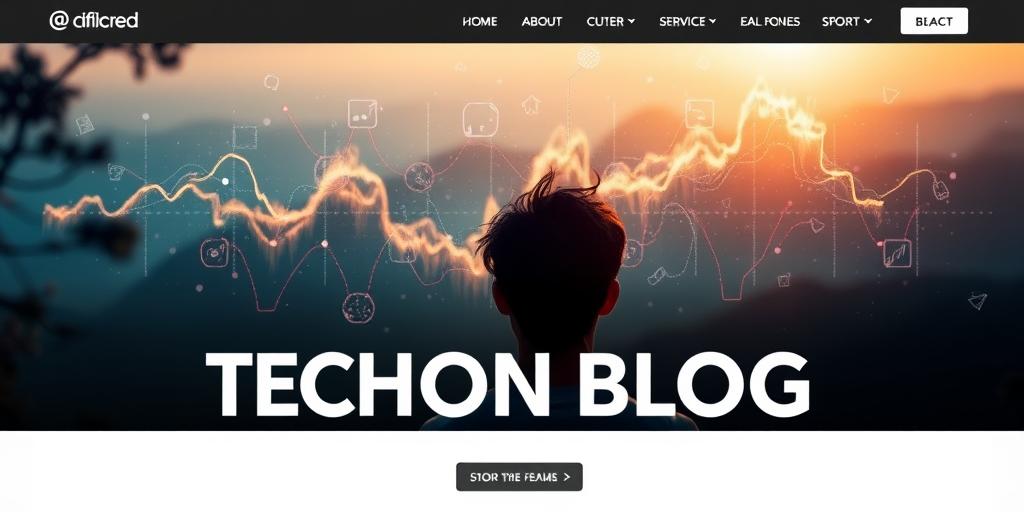
The Nature of Reality in the Digital Age
The Nature of Reality in the Digital Age
The digital age has blurred the lines between the physical and virtual worlds, prompting profound questions about the nature of reality. As we increasingly interact with digital environments, our perceptions, experiences, and understanding of what is 'real' are undergoing a significant transformation.
The Blurring of Boundaries
Previously distinct, the physical and digital realms now intermingle seamlessly. Augmented reality overlays digital information onto our physical surroundings, while virtual reality immerses us in entirely simulated environments. Social media platforms construct personalized realities, filtering information and shaping our perspectives.
This blurring challenges traditional notions of reality, raising questions such as:
- How do we distinguish between authentic and artificial experiences?
- What impact does digital mediation have on our perception of the physical world?
- How does our engagement with digital technologies affect our sense of self?
The Rise of Digital Identities
In the digital age, we curate and present online representations of ourselves, often carefully crafted to project a desired image. These digital identities can become powerful extensions of our physical selves, influencing our social interactions, professional opportunities, and even our sense of self-worth.
However, the construction of digital identities also raises concerns:
- How authentic are these online representations?
- Do we risk losing touch with our 'true' selves as we invest more time in virtual personas?
- What are the psychological implications of managing multiple identities across different digital platforms?
The Impact on Human Connection
Digital technologies have revolutionized the way we connect with others, enabling us to communicate and collaborate across vast distances. Social media platforms foster communities and facilitate the sharing of information and ideas.
However, concerns have been raised about the potential negative effects of digital connection on human relationships:
- Does online interaction lead to superficial relationships and a decline in face-to-face communication?
- How does the anonymity of the internet affect our behavior and empathy towards others?
- What are the psychological consequences of social comparison and the pursuit of validation on social media?
Navigating the Digital Landscape
As we navigate the increasingly complex digital landscape, it is crucial to develop critical thinking skills and media literacy. We must be aware of the potential biases and manipulations that can shape our perceptions and beliefs.
Strategies for navigating the digital age include:
- Cultivating a healthy balance between online and offline activities.
- Developing critical thinking skills to evaluate online information.
- Protecting our privacy and security in the digital realm.
- Promoting empathy and responsible online behavior.
The Future of Reality
The digital age continues to evolve at a rapid pace, and the implications for the nature of reality are far-reaching. As technologies such as artificial intelligence, blockchain, and the metaverse become more integrated into our lives, we can expect further blurring of boundaries between the physical and digital worlds.
It is essential that we engage in ongoing dialogue and critical reflection to understand and shape the future of reality in the digital age. By fostering responsible innovation, ethical practices, and mindful engagement, we can harness the transformative potential of digital technologies while preserving our humanity and well-being.
Conclusion
The nature of reality in the digital age is a complex and evolving landscape. By understanding the potential implications of digital technologies, we can navigate this landscape with awareness, critical thinking, and a commitment to responsible innovation. It is crucial to engage in ongoing dialogue and reflection to shape the future of reality in a way that preserves our humanity and well-being.







